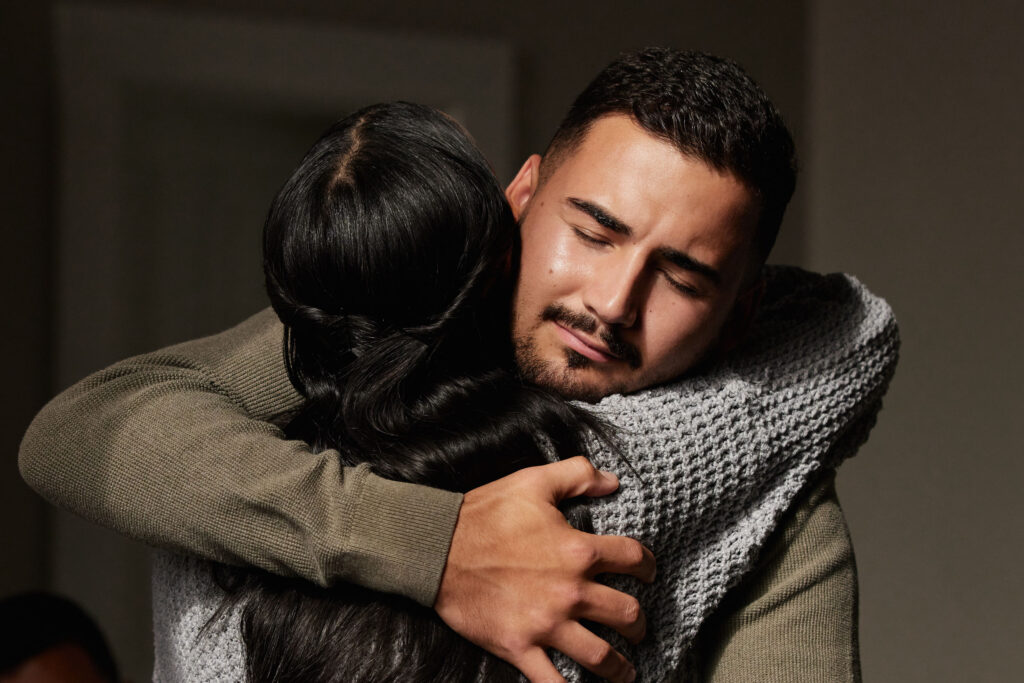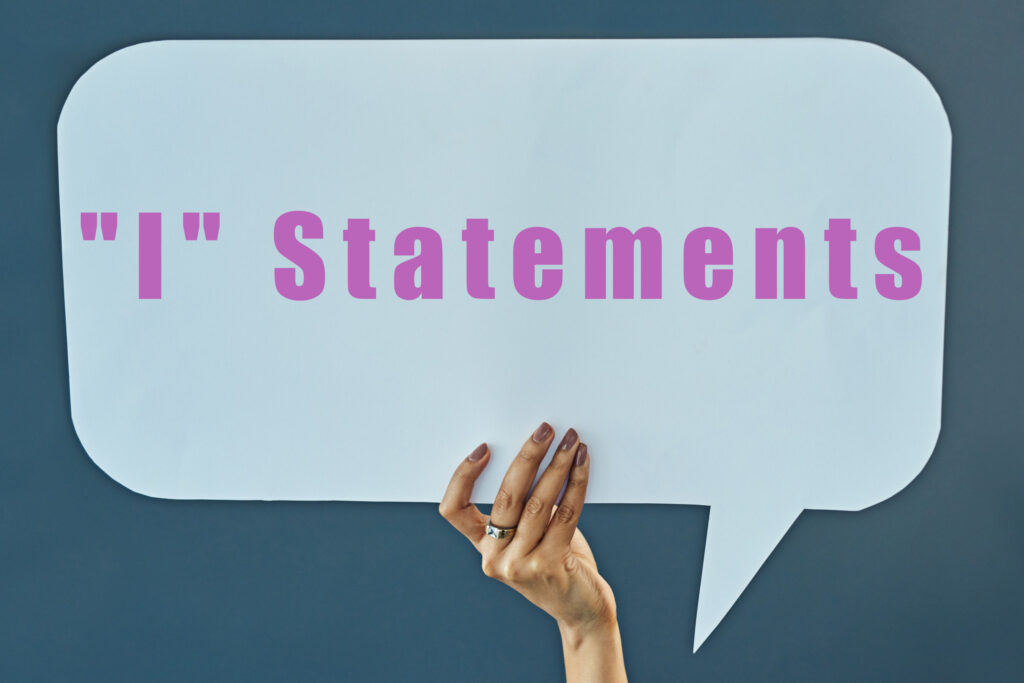Can I Really Forgive That? Making the Decision to Forgive

There are many ideas about what forgiveness is and why it matters. The popular phrase that calls on people to forgive but never forget can be confusing. If a person hurt us, why should we forgive them? How will forgiving someone help you feel better?
Forgiving is the intentional decision to let go of the anger we associate with something negative that someone did to us. The person may not be aware that they hurt you – or think the situation is their fault. They may not feel like they need to do anything to “make things right.”
One myth about forgiveness is that you grant it to another person. While that is true on many occasions, forgiveness is very much an internal process. It involves looking inward and making a conscious decision to let go of the feelings of anger, frustration, or sadness associated with what happened.
It can be surprising what a hold these negative feelings may have on you. Maybe you have a cousin who said bad things to you about your appearance when you were growing up. While the appropriate thing might be for your cousin to ask that you forgive them, that would involve them understanding that they hurt you. Unfortunately, over time you may discover that your cousin has treated a lot of people this way and fails to see anything wrong with their behavior.
As an adult, your self care might involve setting boundaries that limit your contact with your cousin. You also might consider forgiving what happened, within yourself, to allow yourself to move on. Some cognitive approaches might involve adjusting your mindset: “My cousin said horrible things about me when I was a child, but they are not true. I am a beautiful, kind person who is loved by my friends and family.”
“Not Forgetting” can be a part of the checks-and-balances system of forgiveness. By not forgetting what happened we allow ourselves to practice self care. So if a person stole money from you, you can make the decision to not lend them money again. Forgiveness does not mean that people have to expose themselves to being hurt or let down again.
According to the Mayo Clinic, some of the benefits of forgiving another person may include healthier relationships, improved mental health, lower blood pressure, less symptoms of anxiety or depression, better heart health, and improved self esteem. Taking a fresh look at some of those old wounds or resentments may be another way to help you take care of your emotional health.
Be good to yourself and take the time to explore your approaches to areas of anger and resentment. Consider meeting with a trained psychotherapist to explore strategies and learn tools to help you cope with past hurts and life challenges.
“Genuine forgiveness does not deny anger but faces it head on.”- Alice Miller, Swiss Psychologist
Empower Yourself to Thrive with Confidence
This emphasizes both self-empowerment and confidence in navigating life’s challenges.



